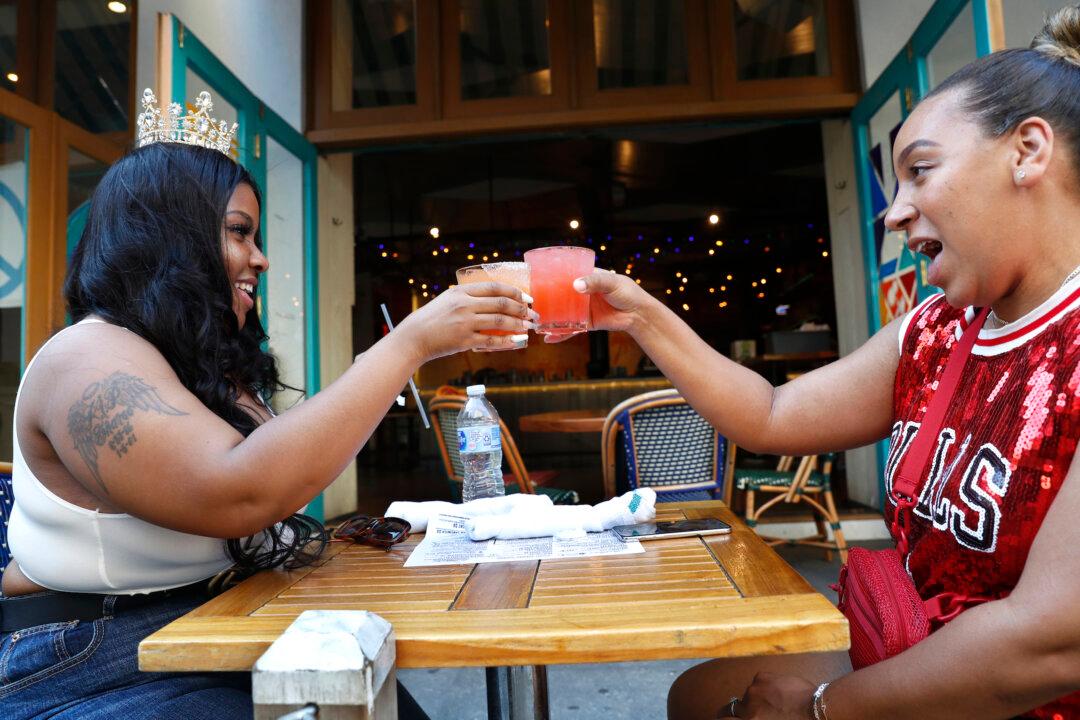NEW YORK—New York City ventured into a crucial stage of reopening as stores let people in on June 22, offices brought workers back, restaurants seated customers outdoors and residents both welcomed and worried about rebounding from the nation’s deadliest outbreak caused by the CCP (Chinese Communist Party) virus, commonly known as the novel coronavirus.
From Macy’s “Miracle on 34th Street” store to the World Trade Center’s office towers, the city was getting back to business, though with new virus-safety measures after a three-month shutdown.





